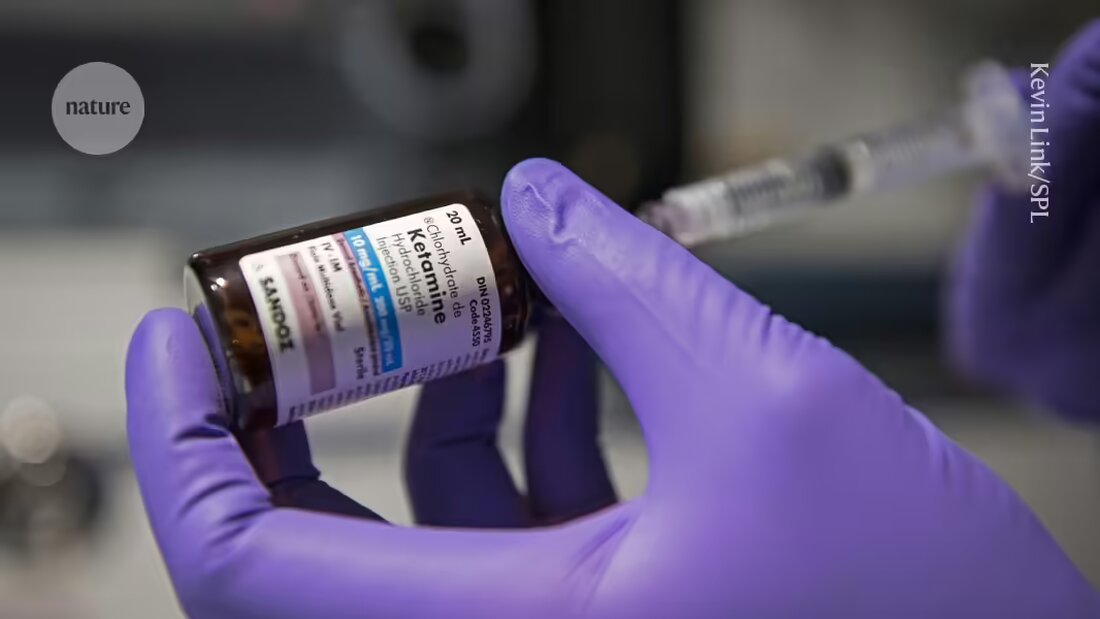Ketamine is perhaps best known as a horse tranquilizer and party drug, but in recent years scientists have increasingly explored the drug's potential to treat severe depression. The drug is usually administered intravenously in a specialized clinic, but a new slow-release tablet could help make it available to more people.
In a study published June 24 in theNature medicineResearchers found that a tablet containing ketamine had antidepressant effects in more than 150 people who had not responded to other medications.
"The fact that you could potentially take this at home suddenly makes this drug much easier to administer," says the study's lead author Paul Glue, a psychiatrist at the University of Otago in Dunedin, New Zealand.
Avoiding side effects
Some doctors are already using ketamine to treat depression, and previous studies have shown that it can produce significant improvements in symptoms for those affected.
The medication is usually administered intravenously or through a nasal spray. Both methods can cause side effects such as high blood pressure, increased heart rate and dissociation, causing people to feel disconnected from their bodies and their surroundings.
Previous analyzes suggest that slow-release forms of ketamine tend to have fewer side effects. Glue and his colleagues therefore suggested that a long-release tablet could be a well-tolerated and practical option for people with severe or treatment-resistant depression. They developed a pill containing ketamine called R-107 and gave it to 231 study participants, all of whom had major depressive disorder that had not improved despite at least two antidepressants.

 Suche
Suche
 Mein Konto
Mein Konto

